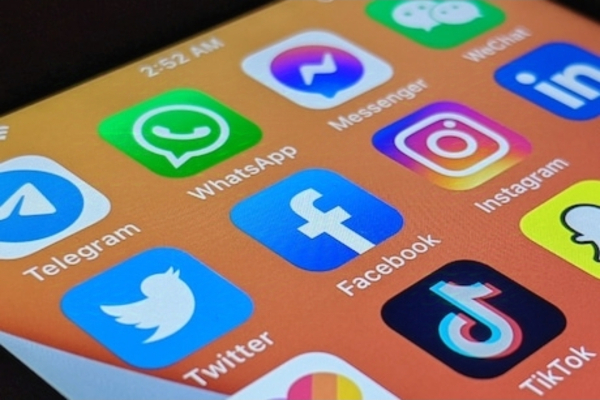Social media plays a key role in election integrity by enabling citizens to report incidents, share information, and foster transparency. Civil society organizations have raised concerns that restrictions can harm both democracy and economic growth, underlining the long-term impacts on citizens’ rights and national development.
Mauritius's Information and Communication Technologies Authority (ICTA) has directed all internet service providers to block access to social media platforms from Friday November 1 through November 11. The announcement was made in a communique dated November 1, by the authority.
The restriction comes in response to “concerns regarding illegal postings that constitute a serious threat to national security and public safety," the communique reads.
This scenario in Mauritius is part of a broader trend in Africa, where several countries have implemented internet shutdowns or social media restrictions during elections or periods of civil unrest in recent years. For example, in Uganda’s 2021 election, social media was restricted, with authorities citing security concerns.
Between 2020 and 2023, at least 22 African countries enforced full or partial internet shutdowns, resulting in an estimated $3.9 billion in economic losses, according to consulting firm Africa Practice, which advises investors and development partners across the continent.
Hikmatu Bilali



















